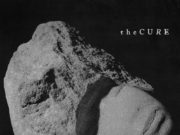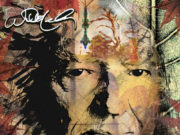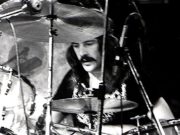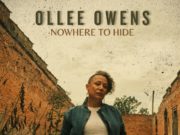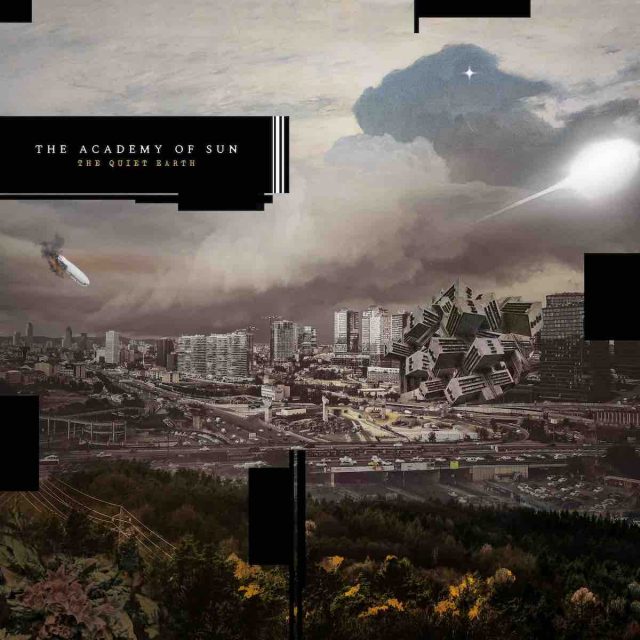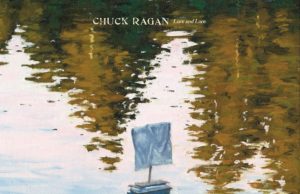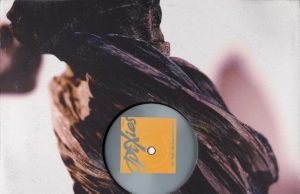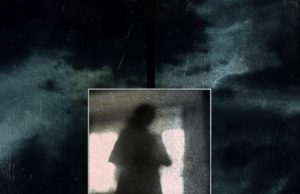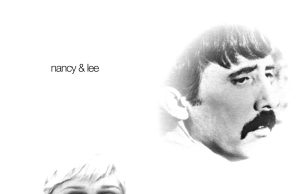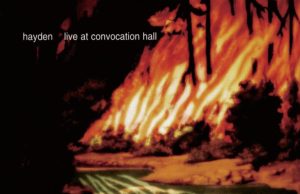Remember that weird kid you went to junior high school with? The weedy little one with the speech impediment, the bad acne and the translucent white skin from never going outside? The one who didn’t play any sports (unless you count D&D, which nobody does) and always sat by himself in the lunch room listening to all those crazy prog concept albums? He’d fucking love this. And he’d be right. Just like he was right back then, but you were too scared that somebody would make fun of you to admit it. Now’s your chance to make it up to him. Go ahead. Nobody’s looking and I won’t tell.
THE PRESS RELEASE: “Melodic alternative pop outfit The Academy of Sun present their new album The Quiet Earth, an expansive offering of breathtaking ambition with 15 tracks on offer. Formed nine years ago in Brighton, The Academy of Sun is a psychedelic post-punk outfit that presents dystopian fantastic creations that combine the deeply personal and the poetically arcane. Dark yet buoyant, this is a controlled explosion of psychedelic and dark power pop with atmospheres couched in vast and expansive landscapes and cinematic arrangements. “The Quiet Earth is the summation of all of The Academy Of Sun’s ambitions and aspirations so far. Created over many creatively fired months in Church Road Studios, Hove, with Paul Pascoe (Barry Adamson, etc.) manning the desk, it’s an opulent but human super-bolide meteorite sandblasted out into the world with love and fire, humility and humour, addressing our heinous disruption of the natural world, irradiated landscapes, extremes of human emotion, inhospitable frozen terrains, ‘transgressive’ lifestyles, queer sexuality, organised religion’s unscrupulous and historic censoring of the rebel spirit. Like if Werner Herzog made a chamber-prog-punk record under DMT in The Chelsea Hotel,” says leader Nick Hudson. “If there’s a literal kernel to its ignition, it would be Plutopia by Kate Brown — a horrifying, impassioned and revelatory study on the plight of the communities left behind in the wake of the cold war nuclear arms race, both in Hanford, Washington and Chelyabinsk in the Russian Urals.”


